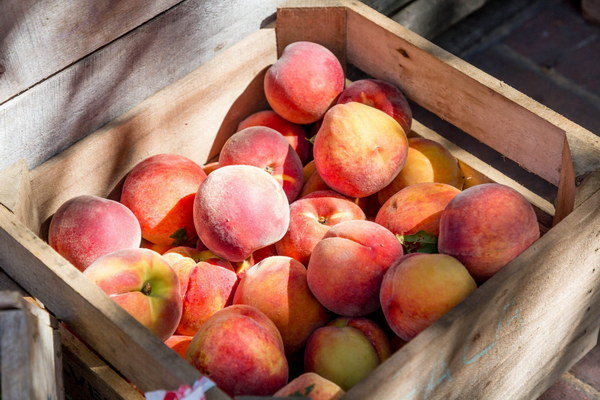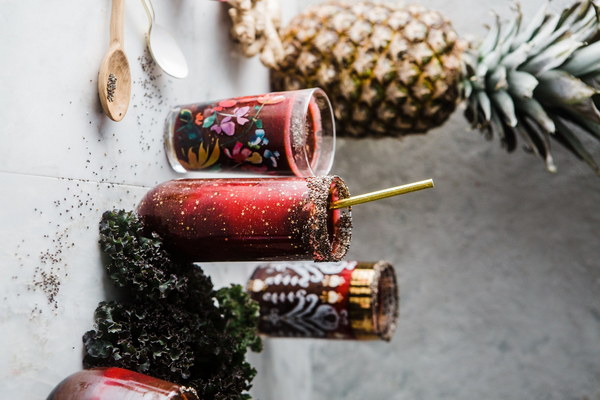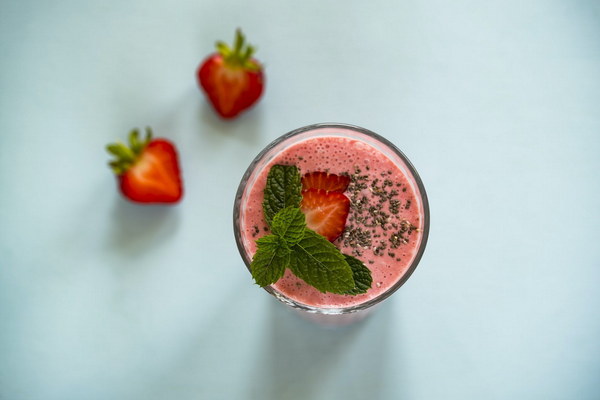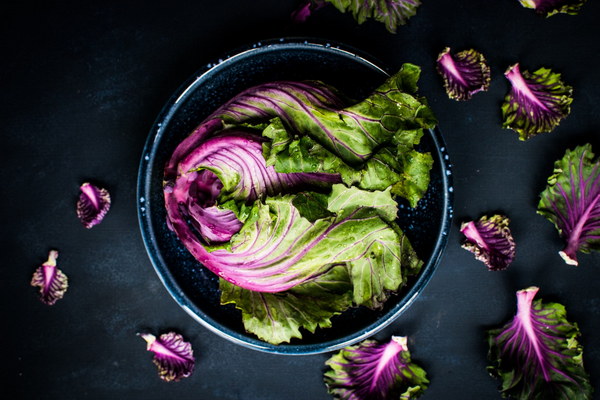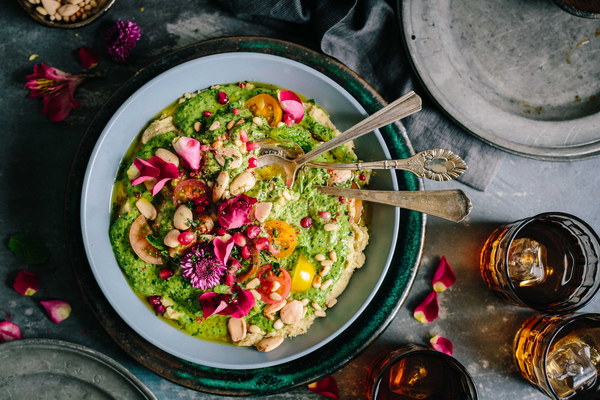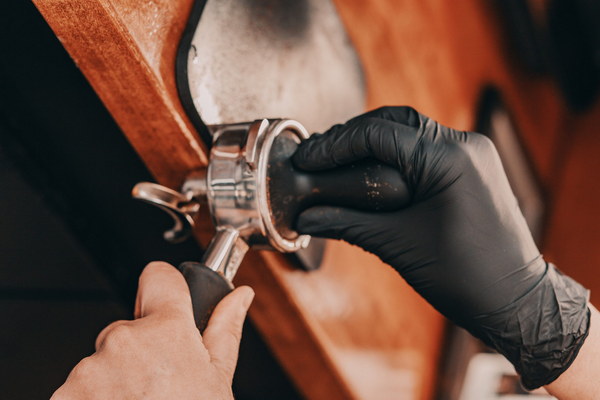How to Improve Blood Coagulation Natural Remedies and Lifestyle Adjustments for Poor Blood Clotting
Introduction:
Poor blood coagulation, also known as coagulopathy, refers to a condition where the body's ability to form blood clots is impaired. This can lead to excessive bleeding, bruising, and other complications. If you are experiencing poor blood coagulation, it is important to take proactive steps to improve your condition. This article explores natural remedies and lifestyle adjustments that can help enhance blood clotting.
1. Diet and Nutrition
A well-balanced diet plays a crucial role in maintaining healthy blood coagulation. Here are some dietary tips:
- Increase your intake of vitamin K: This essential nutrient is vital for blood clotting. Leafy green vegetables such as kale, spinach, and broccoli are excellent sources of vitamin K. Additionally, consume vitamin K-fortified foods like cereals and certain dairy products.
- Include vitamin C-rich foods: Vitamin C helps the body absorb vitamin K. Citrus fruits, strawberries, bell peppers, and kiwi are good sources of vitamin C.
- Add vitamin E to your diet: Vitamin E is another antioxidant that supports blood clotting. Nuts, seeds, and vegetable oils are rich in vitamin E.
- Stay hydrated: Dehydration can worsen blood clotting issues. Drink plenty of water throughout the day to maintain hydration levels.
2. Exercise Regularly
Regular physical activity can improve blood circulation and help maintain healthy blood coagulation. Aim for at least 30 minutes of moderate exercise most days of the week. Activities such as walking, cycling, and swimming are excellent choices.
3. Avoid Blood-Thinning Foods and Supplements
Certain foods and supplements can interfere with blood clotting. If you have poor blood coagulation, it is important to avoid or limit these:
- Garlic and ginger: These spices have blood-thinning properties.
- Ginkgo biloba: This herbal supplement can increase the risk of bleeding.
- Alcohol: Excessive alcohol consumption can impair blood clotting.
4. Maintain a Healthy Weight
Being overweight or obese can increase the risk of poor blood coagulation. Aim to maintain a healthy weight through a balanced diet and regular exercise.
5. Manage Chronic Conditions
Chronic conditions such as diabetes, liver disease, and kidney disease can affect blood clotting. Work with your healthcare provider to manage these conditions effectively.
6. Consider Platelet Rich Plasma Therapy
Platelet-rich plasma (PRP) therapy involves injecting a concentrated solution of platelets into the affected area to promote healing. This therapy can be beneficial for certain conditions that affect blood coagulation.
7. Practice Safe Hygiene
To prevent infections, which can complicate blood clotting issues, practice good hygiene, such as washing your hands regularly and keeping any wounds clean and covered.
8. Seek Professional Advice
If you suspect you have poor blood coagulation, consult with a healthcare professional. They can conduct tests to determine the underlying cause and recommend the most appropriate treatment plan.

Conclusion:
Improving blood coagulation involves a combination of lifestyle adjustments and natural remedies. By focusing on a healthy diet, regular exercise, and managing chronic conditions, you can help enhance your body's ability to form blood clots. Always consult with a healthcare provider before making significant changes to your diet or lifestyle, especially if you have an underlying health condition.

